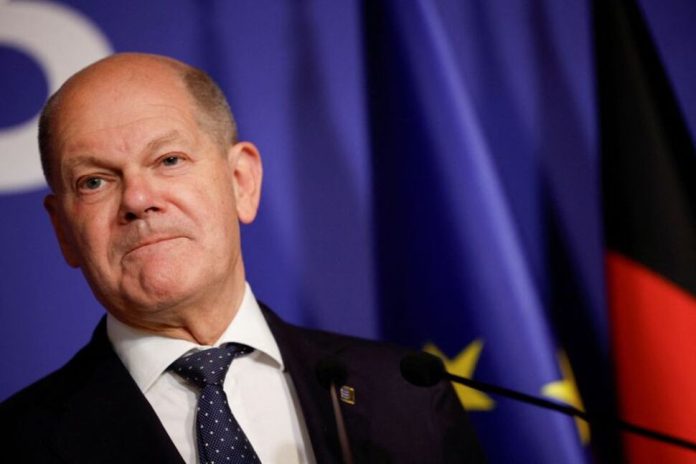German elections are now taking on more popular significance than ever before. According to polls, the centre-right opposition is well ahead of its rivals and the interior minister faces a tough test for the governorship of his home region.
The number of voters is 9.4 million in Bavaria and 4.3 million in Hesse, which includes Germany’s financial centre, Frankfurt. In both regions the advantage is reserved for the Union bloc, made up of the Christian Democratic Union and the Bavaria-only Christian Social Union.
The far-right Alternative for Germany party, which has risen to second place behind the Union in national polls, will not play a role in determining the new government in Bavaria or Hesse because the other parties refuse to co-operate with it. They will, however, be watching to see if its result is a significant improvement on the double-digit gains of five years ago.
The election result could intensify divisions in Scholz’s three-party system, which is known for its infighting. In addition, the election may give a subtle hint as to who Scholz’s opponent for the 2025 elections will be, which could be Markus Söder, who calls for “continuity and stability.” Markus Söder himself denies such ambitions. But a decent result on Sunday will emphasise all the special moments and perhaps give some hints for the future.
In addition to all this, the Scholz government is under pressure on the migrant issue, which was one of its main election promises.
However, it must also be realised that the national ruling parties of the Social Democrats, Greens and pro-business Free Democrats will not do well in the upcoming elections because people cannot be sure that they will find solutions to the state’s problems. People are also put off by the constant public bickering between parties that cannot find compromise.
“That has to do with the variety of crises, but also with the communication,” prominent political scientist Karl-Rudolf Korte told the Welt am Sonntag newspaper. “The situation would be different if the (coalition) partners would explain better what they are doing and why, if they would act more closely together.”
